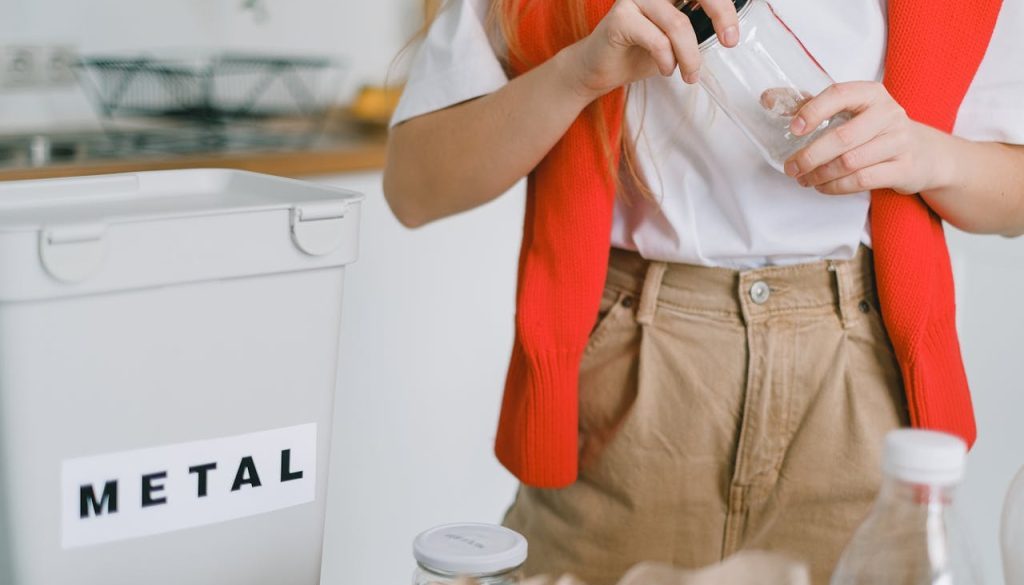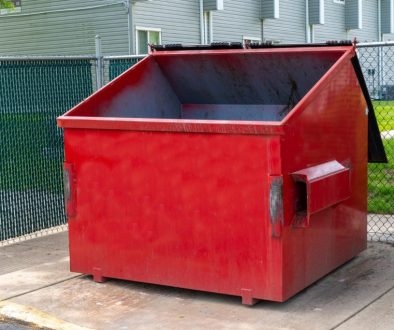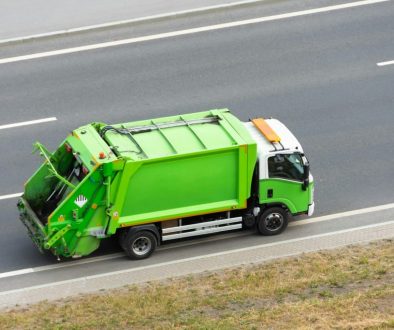Recycling is essential for protecting our environment and conserving resources. Properly sorting your rubbish for recycling not only helps reduce waste but also makes the recycling process more effective. Knowing how to correctly sort different types of waste can make a big difference in ensuring that recyclable materials are processed efficiently.
Understanding the various recycling categories is the first step in this process. Different materials like paper, plastic, glass, and metal have specific recycling requirements. Sorting them correctly helps recycling facilities manage and process the waste effectively, reducing contamination and improving the quality of recycled products.
In addition to understanding recycling categories, it’s important to follow proper steps when sorting your rubbish. This includes rinsing containers, removing non-recyclable parts, and ensuring that items are placed in the correct recycling bins. Avoiding common mistakes can further enhance the efficiency of your recycling efforts. Simple errors like placing food-soiled items or hazardous waste in the wrong bin can lead to entire loads being rejected.
Sorting your rubbish correctly not only helps the environment but also has economic benefits. Recycling saves energy, reduces the need for raw materials, and creates jobs. Learning how to sort your rubbish properly is a small effort that has a significant positive impact.
Understanding Recycling Categories
For effective recycling, understanding the different categories of waste is essential. This helps ensure that each type of material is disposed of correctly and can be processed efficiently.
Paper and Cardboard: These are some of the most common recyclables. Newspapers, magazines, cardboard boxes, and office paper all fall into this category. Ensure they are clean and dry before placing them in the recycling bin. Wet or food-soiled paper can contaminate other recyclables.
Plastic: Plastics come in various types. Check the recycling symbols on plastic containers to see if they can be recycled. Commonly recyclable plastics include bottles, containers, and some packaging materials. Rinse them out before recycling to remove any residue.
Glass: Glass bottles and jars are usually recyclable. However, items like drinking glasses, ceramics, and window glass often are not. These items have different compositions and melting points, so keeping them out of the recycling bin is crucial.
Metal: Aluminium cans, tin cans, and some metal containers can be recycled. Make sure they are empty and rinsed out. Metals are valuable in the recycling process as they can be reused multiple times without losing quality.
Organic Waste: Items like food scraps and garden clippings are usually composted rather than recycled. Composting turns organic waste into nutrient-rich soil, which is great for gardens and reduces landfill waste.
Steps to Properly Sort Your Rubbish
Proper sorting of rubbish is key to successful recycling. Follow these steps to ensure your waste is sorted correctly and ready for recycling.
1. Identify Recyclables and Non-Recyclables: Start by separating items that can be recycled from those that cannot. Use designated bins or containers for different types of recyclables like paper, plastic, glass, and metal.
2. Clean and Dry Recyclables: Rinse out food containers, bottles, and cans to remove any residue. Wet or dirty items can contaminate the recycling process and make it less effective. Allow items to dry before placing them in the recycling bin.
3. Remove Non-Recyclable Parts: Some items, like cardboard pizza boxes, may have non-recyclable parts. Remove any leftover food or greasy sections before recycling the clean cardboard. For plastic bottles, remove the caps and rinse out the bottles.
4. Flatten and Crush Items: Flattening cardboard boxes and crushing cans saves space in your recycling bin and makes the collection process more efficient. This also helps recycling facilities handle materials more easily.
5. Follow Local Guidelines: Recycling programmes vary by location, so it’s important to follow your local council’s guidelines for recycling. Check what materials they accept and any specific sorting instructions they have. This ensures your recyclables are processed correctly.
By following these steps, you can help ensure that your rubbish is sorted properly, making the recycling process smoother and more effective. Sorting at the source reduces contamination and increases the efficiency of recycling programmes.
Common Mistakes in Recycling and How to Avoid Them
Even with the best intentions, people often make mistakes when recycling. Here are some common errors and tips to avoid them:
1. Placing Non-Recyclables in Recycling Bins: Items like plastic bags, electronics, and food-contaminated materials should not go into your recycling bin. They can cause problems at recycling facilities. Always check if an item is recyclable before placing it in the bin.
2. Not Cleaning Recyclables: Food residue on containers can contaminate an entire batch of recyclables, making them unusable. Rinse out containers thoroughly before recycling to prevent contamination.
3. Mixing Hazardous Materials: Items like batteries, paint cans, and chemicals should be disposed of separately. These materials can cause fires or release harmful substances during recycling. Use specialised disposal services for hazardous waste.
4. Overlooking Local Recycling Rules: Recycling guidelines vary by location. What’s accepted in one area may not be accepted in another. Take time to understand your local recycling programme to ensure you’re following the right rules.
5. Incorrectly Sorting Paper Products: Not all paper products are recyclable. For instance, greasy pizza boxes and used paper towels go in the compost or landfill, not the recycling bin. Make sure to separate recyclable paper from non-recyclable types.
Avoiding these common mistakes helps ensure that the recycling process is as efficient and effective as possible, benefiting both the community and the environment.
Benefits of Correct Rubbish Sorting for Recycling
Proper rubbish sorting offers numerous benefits. Here’s why it’s essential to get it right:
1. Environmental Impact: Correct recycling reduces the amount of waste sent to landfills. This helps decrease greenhouse gas emissions and minimises pollution. Recycling also conserves natural resources like timber, water, and minerals.
2. Economic Benefits: Recycling can be more cost-effective than waste disposal. It reduces the need for new raw materials, thereby saving money. Moreover, recycling programmes create jobs in the processing and manufacturing sectors.
3. Improved Quality of Recyclables: When rubbish is sorted correctly, the quality of recyclable materials improves. Clean, uncontaminated recyclables are easier to process and can be turned into new products more efficiently.
4. Regulatory Compliance: Adhering to proper sorting guidelines ensures compliance with local and national waste management regulations. This helps avoid fines and supports community recycling efforts.
5. Community Health: Proper disposal of hazardous waste prevents harmful chemicals from leaching into soil and water. This protects community health and ensures a safer environment for everyone.
Sorting your rubbish correctly is a small step that leads to significant environmental and economic benefits. By making recycling a habit, we contribute to a sustainable future.
Final Thoughts
Sorting your rubbish for recycling may seem simple, but it’s a task that requires attention and care. Understanding the different recycling categories and following the right steps are crucial for effective waste management. Avoiding common recycling mistakes ensures that recyclables are processed properly, which helps protect the environment, saves resources, and supports local economies.
The benefits of correct rubbish sorting extend beyond just reducing waste. It enhances the quality of recyclables, complies with regulations, and safeguards community health. Taking the time to sort rubbish correctly is a small action with a big impact.
If you need assistance with waste disposal or have questions about recycling, Enviro Skip Hire is here to help. Contact Enviro Skip Hire today for expert advice and reliable skip hire services in Staffordshire. Let’s work together to make recycling easy and efficient.




